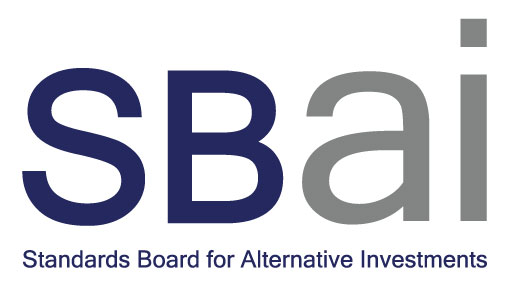SBAI Response to SEC on Safeguarding Advisory Client Assets Rule
Our key positions on the proposal:
- The proposal would disrupt a wide range of non-securities markets with the proposed expansion in the scope of the Investment Advisers Act custody framework from “funds and securities” to all “assets” defined as “funds, securities, or other positions held in the client’s account”. The SEC failed to consider how the proposed safekeeping requirements would apply across asset classes - as the proposed rules are incompatible with a wide range of markets, both foreign and domestic, that involve instruments that cannot be custodied in accordance with the rule.
- The proposed alternative framework for “physical assets and privately offered securities” is overly narrow and unworkable. There are numerous instruments that cannot reasonably be custodied by traditional custodian beyond physical assets and privately offered securities, including (among others) real-estate, renewable energy credits, and bilateral contracts. The proposed alternative framework requirements of an auditor to be involved in, and promptly verify, “each purchase, sale or transfer” would result in exorbitant costs and outstrip auditor firms’ capacity, in many cases for no corresponding customer protection benefits.
- We are concerned that the proposed segregation requirement would affect prime brokers’ ability to provide margin finance through rehypothecation (where the broker has the consent to do so).
- The proposal would require that advisers obtain “reasonable assurances” in writing from each qualified custodian that the custodian will comply with certain requirements, and advisers would be required to “maintain an ongoing reasonable belief” that the custodian is complying with these requirements. This requirement would require the renegotiation of all trading and custody agreements across the asset management industry with no clear benefit to advisory clients. Clients already receive contractual protections from their custodians directly, and the SEC provides no reasonable basis for advisers to extract their own assurances from custodians.




